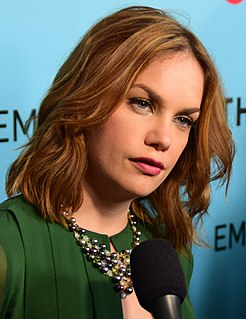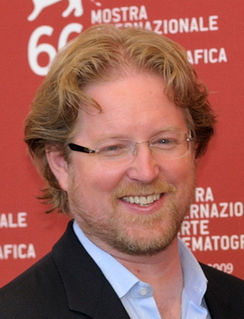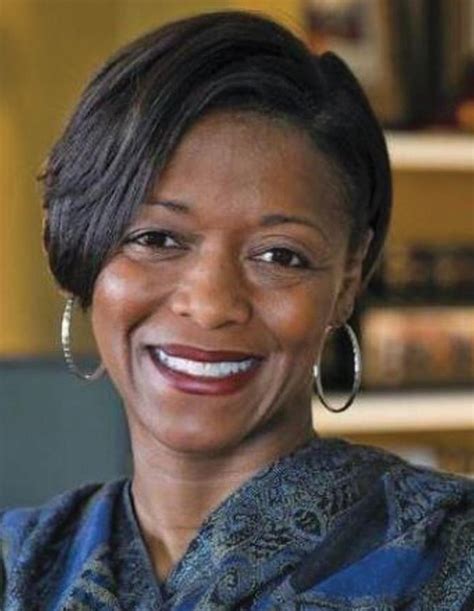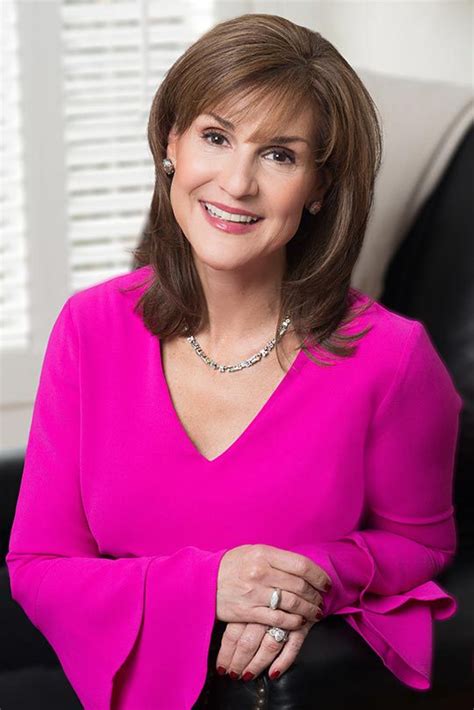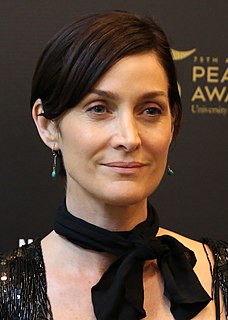A Quote by Mira Nair
The film-school mantra is that if you don't tell your own stories, nobody will.
Related Quotes
If you go into a comic book store, there are tons of Star Wars stories on the stand. There are lots of different stories to tell. Maybe George [Lucas] won't tell them. Maybe some kid, who's a Star Wars fan that's planning to go to film school, will call Lucas and say, 'I'd like to make a Star Wars film.' Then, they'll make one.
Any platform that you use to tell stories helps you regardless of the medium regardless if they are bedtime stories that you tell your children or comics or film. Specifically what makes comics unique is that they are a storytelling device that forces you to think both visually and economically. Some might say you are limited by your imagination, but that is not true because someone has to draw it.
Every woman should have a daughter to tell her stories to. Otherwise, the lessons learned are as useless as spare buttons from a discarded shirt. And all that is left is a fading name and the shape of a nose or the color of hair. The men who write the history books will tell you the stories of battles and conquests. But the women will tell you the stories of people's hearts.
I went to Oberlin College, and they don't have a film major, but they do have what's called an individual major, where you can sort of pitch to a committee your own course study, and if they approve it, you have essentially just designed your own major. So Oberlin doesn't have a film major; they do have a film minor... And then my spring semester of my junior year, I went off to NYU film school as a visiting student - they have a program for kids from other schools to come in for a semester.
Humans are kind of story-propagating creatures. If you think of how we spend our days, think of all the time you spend on entertainment. How much of your entertainment centers around stories? Most pieces of music tell stories. Even hanging out with your friends, you talk, you tell stories to each other. They're all stories. We live in stories.
AS SOMBRAS DA ALMA. THE SHADOWS OF THE SOUL. The stories others tell about you and the stories you tell about yourself: which come closer to the truth? Is it so clear that they are your own? Is one an authority on oneself? But that isn't the question that concerns me. The real question is: In such stories, is there really a difference between true and false? In stories about the outside, surely. But when we set out to understand someone on the inside? Is that a trip that ever comes to an end? Is the soul a place of facts? Or are the alleged facts only the deceptive shadows of our stories?

